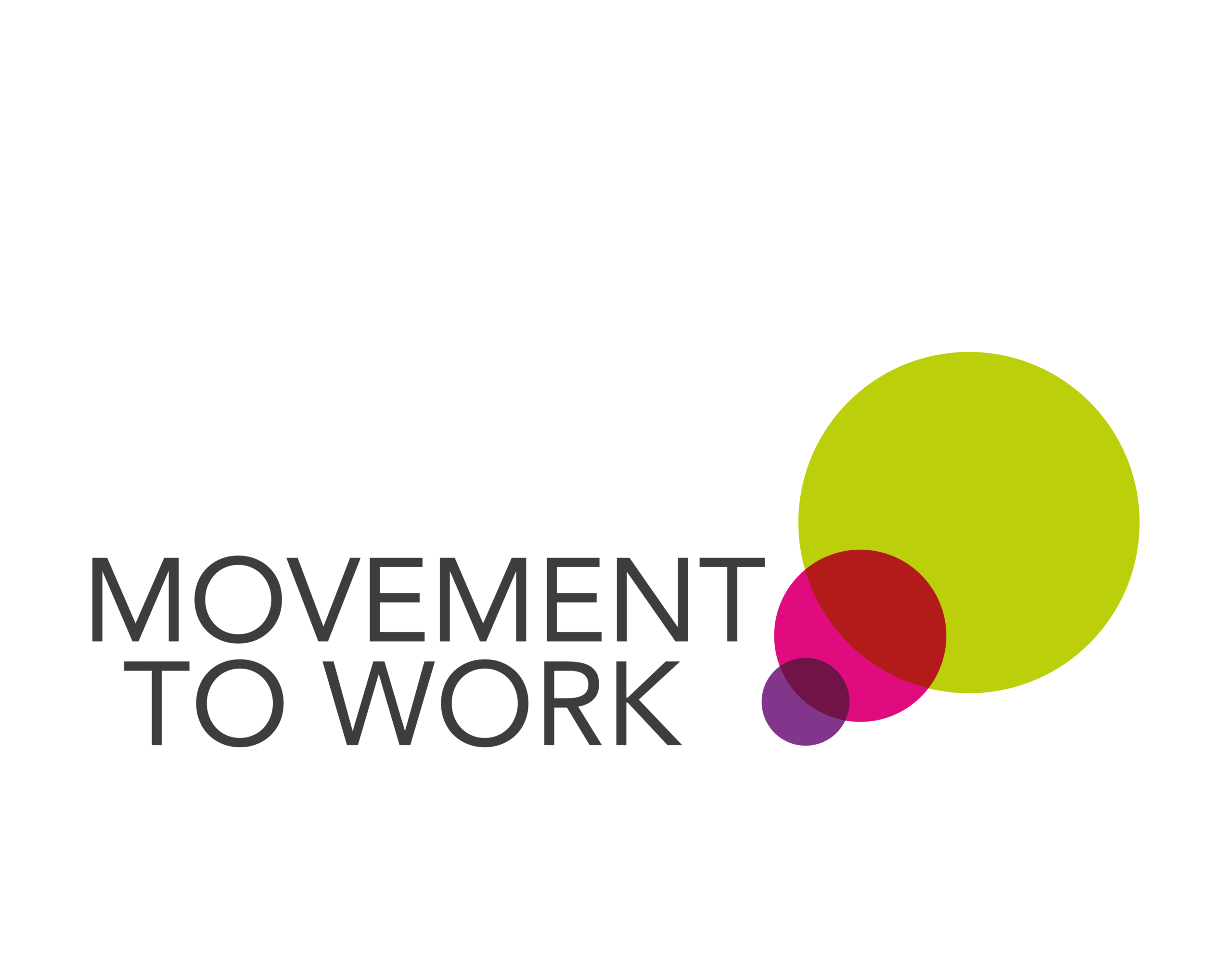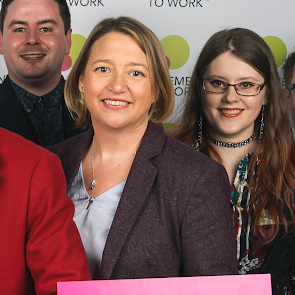Why did you opt for a secondment at Movement to Work?
It was an opportunity to lead an organisation and work with senior business leaders.
What was the best thing about your secondment?
The best part was working with the team and seeing the impact of the work that the Movement delivered.
What were some of the key learnings you took away personally and professionally following your secondment?
The power of partnerships and networks, and how to galvanise that towards meaningful action.
The power and value of a single purpose. It was so refreshing to have such clarity on why we exist and it made it easier to organise people to get behind it.
The power of a small team, and its agility and responsiveness as long as you have the right networks in place. I learned you don’t always need big organisations to do big things. I had been used to working with large teams with hundreds of people, but with a small team, it meant I could get ‘back to basics’, focussing more on 1-2-1 and general leadership.
Personally, it allowed me a lot more freedom to develop my own leadership skills and grow as an individual without the huge pressures and complexity I was used to in the civil service. There were some downsides though, I did miss having a larger peer group to be able to problem-solve with and access those extra layers of support. However, without that I had to dig deeper into my own resources and that was beneficial too. In particular working in true partnership with my COO – we both learnt a lot about the power of partnership.
It was a huge privilege to work with the Movement to Work Steering Group and be in the boardroom with real giants of industry, top of their game and with lots of wisdom to share. It was interesting to observe their different styles and approaches. In particular, I saw Debbie Alder and Natasha Adams lead huge complex organisations through to working with Sir Ivan Menezes and Olly Benzecry CBE, and how even though their organisations are measured on profitability, as individuals they are driven by Diversity and Inclusion, and see it as the right thing to do personally but also for their business.
Lastly, as CEO of the Movement during the COVID-19 pandemic, it was a privilege to use my skills to ensure the Movement could influence policy and the team became integral to developing the Kickstart scheme which provided new funding to create jobs for 16 to 24-year-olds on Universal Credit who are at risk of long term unemployment.
Why should employers consider seconding team members to Movement to Work?
It’s a tremendous opportunity for both personal and professional growth whilst being a part of a unique organisation like this. Employers can consider putting their employees on expensive leadership programmes but the experience at Movement to Work far outweighs anything a training program could have offered me (and I’ve taken some impressive programs!). To have the opportunity to get to work with so many different organisations and inspirational leaders across the business and charity sector was a true privilege and I learned so much.
I was also at a point in my career where I was considering whether should I stay within the civil service or is it was time for me to move back into the commercial sector. My secondment enabled me to explore new sectors without having to leave completely and return to my organisation with a renewed sense of appreciation and purpose. To any employers considering the MtW secondment model – think about the costs of recruitment, training and development and see the Movement as a rich opportunity to give your staff a unique personal and professional boost.
If you could sum up the purpose and mission of Movement to Work in your own words and what it means to you, what would you say?
It’s all about the young people. We have to give the future of our society more chances to shine – especially those who through no fault of their own can’t get the chances they deserve. We have a duty to help them, and when we do, everyone wins.
Connect with Sam on LinkedIn

